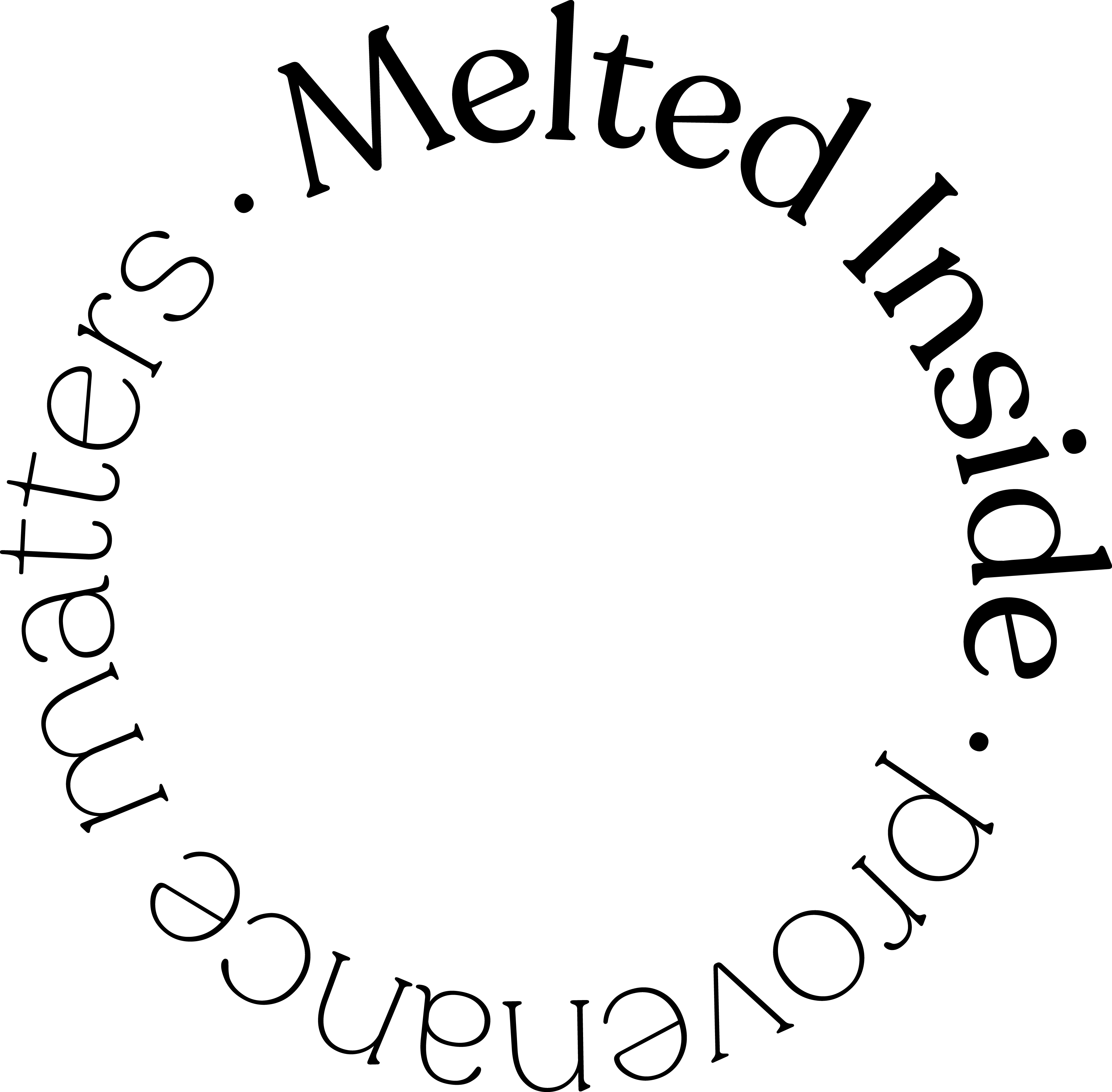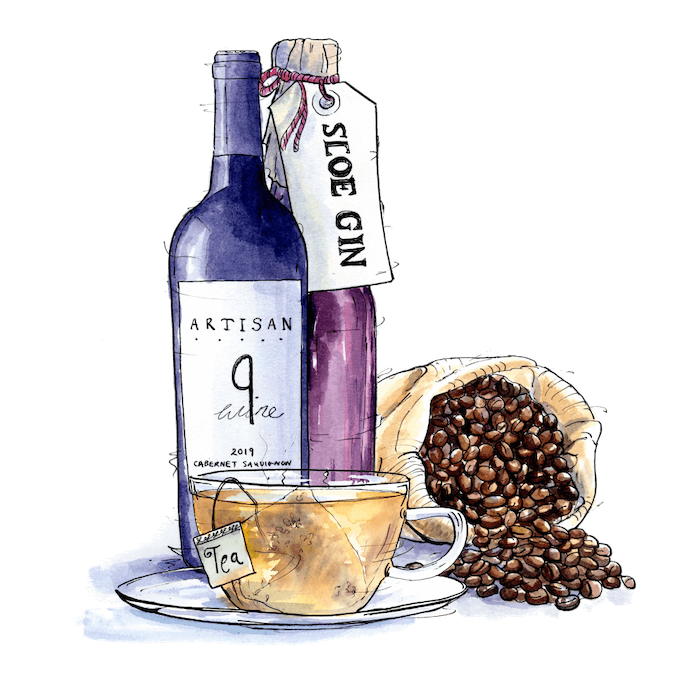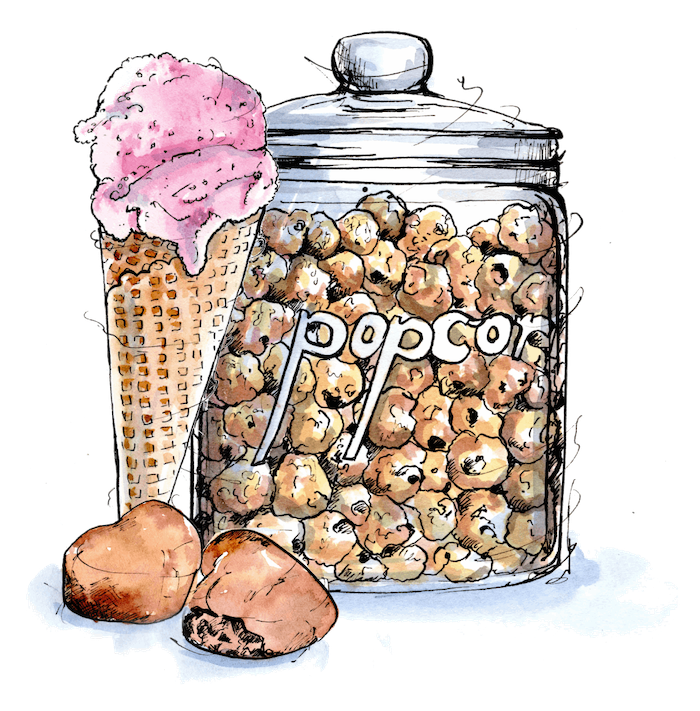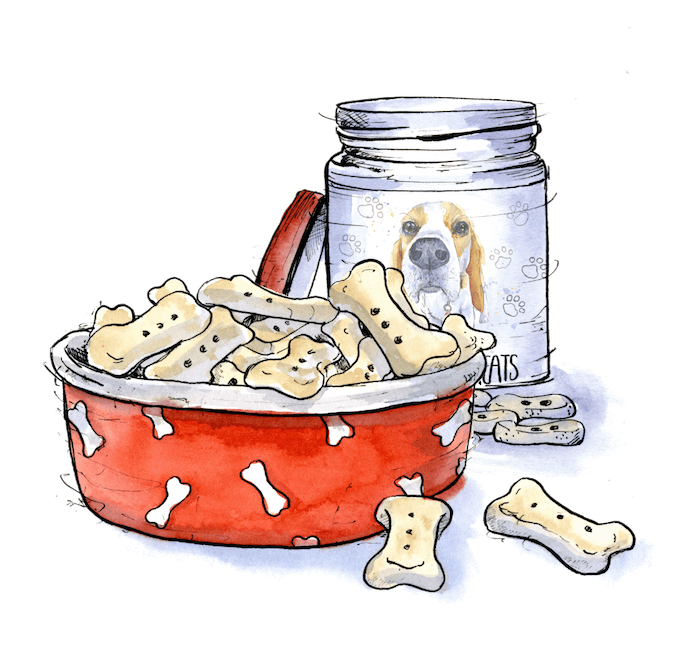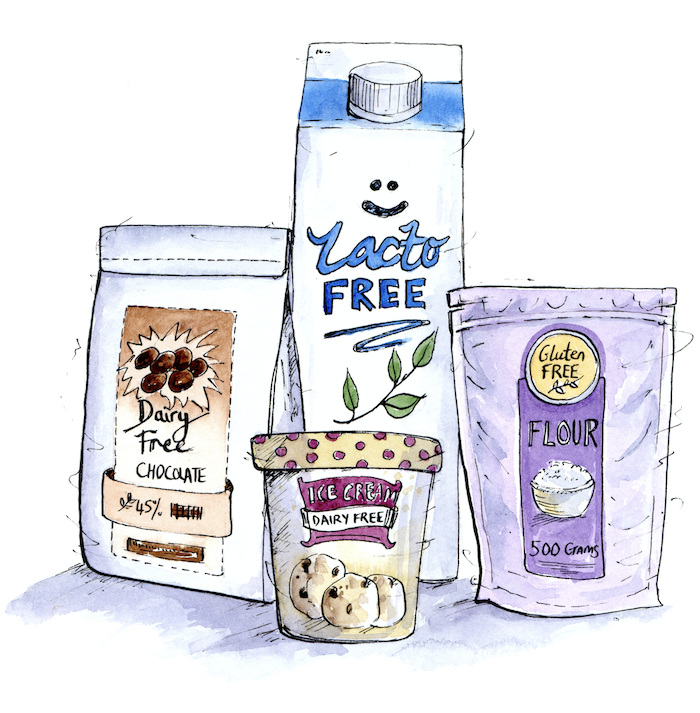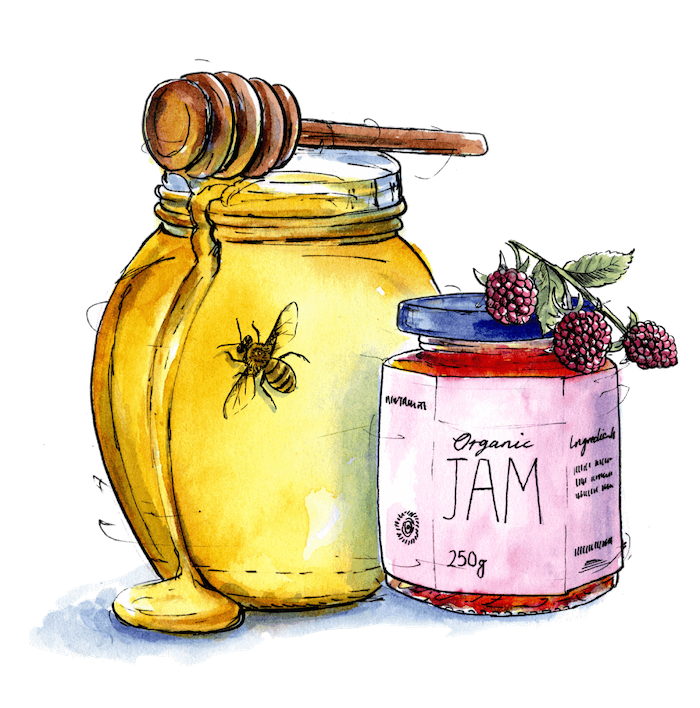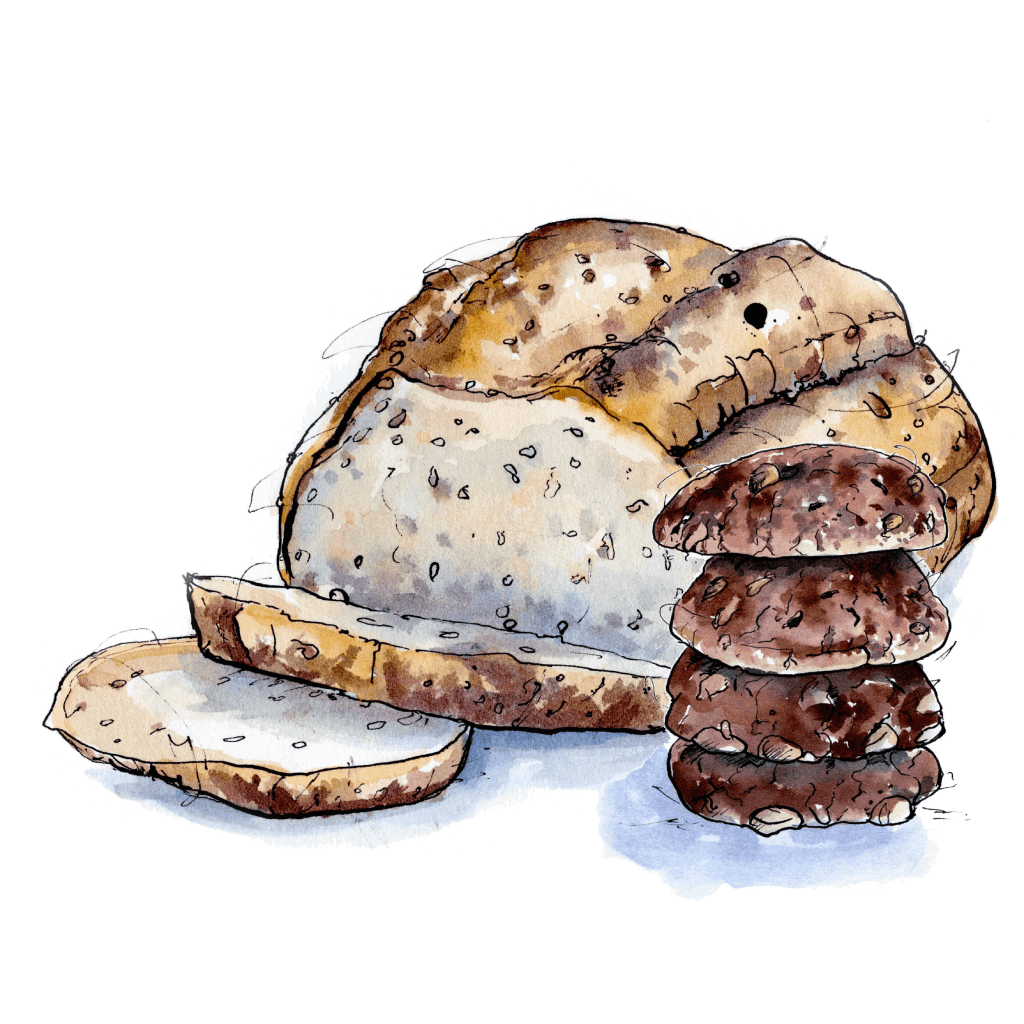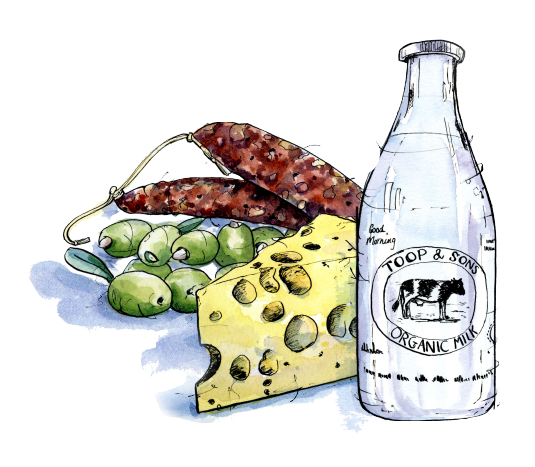Pioneer series: Changing taste - Meet Francesco Majno, Co-Founder of Small Giants
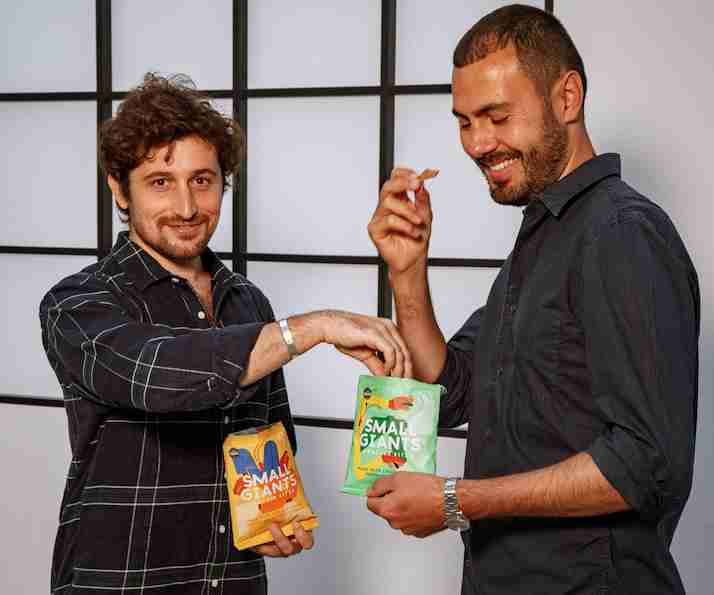
Pioneer series: Changing taste - Meet Francesco Majno, Co-Founder of Small Giants
Written by Helen Tarver.
Posted on February 24, 2021.
Can you imagine Italian food without tomatoes?
But before the 16th century, there were no tomatoes in Italy. For over 200 years, they were treated with great scepticism. Some people even believed touching a tomato to your mouth would kill you (they are, after all, related to deadly nightshade).
People overcame their initial feelings and fear, and now it's an integral part of that cuisine.
How do you feel about eating insects?
We can take a guess.
Many of us in Europe and North America recoil with horror at the thought. It possibly brings to mind bushtucker trials and dares amongst "friends".
However, for 20% of the population worldwide, many types of insects form part of their daily diet. They are high in protein and "good" fats and calcium, zinc and iron.
A growing food problem
By 2050 it's forecast that we'll need to feed 9 billion people globally, up from about 7.8 billion today. It means we're going to need to double our rates of food production.
The United Nations Food & Agriculture Organization has been looking at insects' potential since the turn of the 21st century, with several European governments looking at it as well.
They even started referring to insects as mini-livestock.
So, if we're interested in sustainable eating, how could we find a way to incorporate insects into our daily diet without the yuck factor?
Taking change one small step at a time
Francesco Majno, one of the co-founders of Small Giants, felt they should do something about it. Instead of having to change every habit, they thought about popular food items and changed that.
They make Small Giants crackers with cricket flour, but you wouldn't necessarily know it if you tasted it blind. The team think the flour gives the crackers a toasted hazelnut note. You might pick that up along with their range of flavours, including smoked paprika and turmeric or rosemary and thyme.
As Francesco says, "trying to force people towards eating whole insects is not going to achieve our goal of more sustainable eating." Incorporating cricket flour into crackers makes it become "an introduction, not something bizarre at a party to scare your friends".
Many of us are interested in eating a more sustainable diet. That might include moving to include more plant-based meals or focusing on local production or regenerative agriculture.
Introducing insects to our diet has the potential to be another aspect of sustainable eating. It gives a more bio-diverse approach to the sources of protein in our diets. You can farm insects in an incredibly sustainable manner, for example:
- crickets produce less than 0.1% of the greenhouse gases produced by cows
- it takes less than half the amount of water to produce a gram of protein from insects as from chickpeas
An intense curiosity around sustainability is what set Francesco and his two partners off with this particular idea. Sparked by a UN FAO report, they started pushing around ideas and looking at the types of products and insects they could bring to a broader European audience.
A catalyst to commit
The team entered their idea into an international business competition run by the University of Bocconi in association with Barilla, the pasta makers. Coming second, this was the boost the team needed to think that this was something that could be big, not just a novelty.
"It was challenging as we didn't know anything about the food industry or edible insects, but it was exciting", Francesco recalled. Batches of cracker baking got underway, with the initial development happening in their own kitchens.
A challenge to sustainability
Of course, no product launch is without its challenges. The founders were all clear from the outset that they wanted to produce a sustainable product in every aspect. When it came to packaging, they hit a real challenge, as Francesco explains.
"Because we use extra virgin olive oil, there is no compostable packaging available. We need it to be durable over time; otherwise, you have food waste."
Until the right solution becomes available (and there are several in development), Small Giants are committed to being plastic neutral. They work with rePurpose Global to eliminate plastic's negative impact, which includes funding the collection of low-value marine plastic waste. This then gets processed and reused by a social enterprise in India.
Looking forward to snack time
Like the vast majority of us, Francesco is looking forward to being able to travel again. When we asked him where he'd like to enjoy a packet of Small Giants crackers, he was really quick with his answer. "With a cold beer, at the Italian seaside, maybe Sardinia."
Sounds perfect to us!
We may not be able to do that any time soon, but as the weather warms up, we can start thinking of drinks in the garden or picnics in the park. You'll find that Small Giants crackers work perfectly on those occasions, in the same way as you'd enjoy your usual crackers. You can use them with dips or top them with cheese and chutney.
Is it enough to tempt us to eat insects?
I’ve been watching the insect trend for a number of years. I can recall Morgaine Gaye, the food futurologist, talking about insects becoming a staple of our diets back in 2012. Her focus was on crickets and grasshoppers being ground down so they could be added to things like burgers. Small Giants is a similar idea to where she saw this going.
By taking small steps and with familiar foods, then I can see how this could gain more traction in Europe. Not everyone is prepared to move to a plant-based diet, but may be interested in how to make their diet more sustainable. Though whether rebranding from insects to mini-livestock will be enough for us to get over our initial reaction remains to be seen.
What would tempt you to join the billions around the world to try some insect based snacks?
